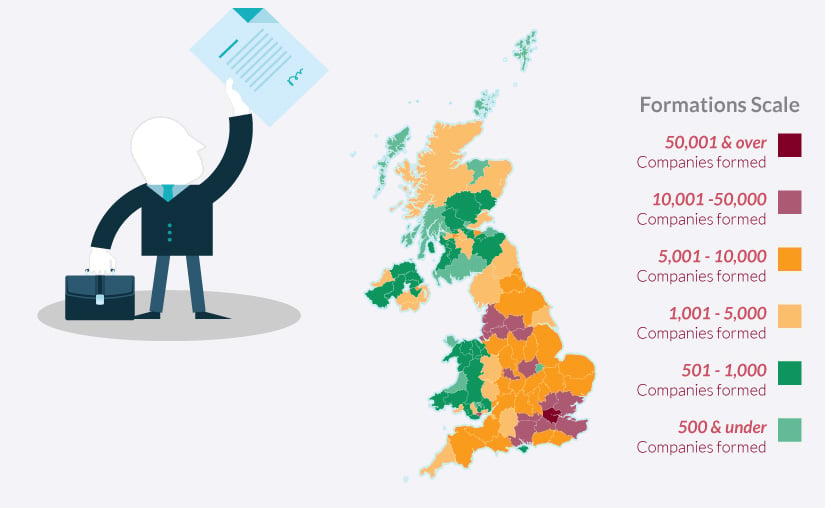This article gives some simple examples of how to break down liabilities on the balance sheet for a UK company. It deals with micro-entity accounts because they are the simplest example. Also, micro-entities are by far the most…
The balance sheet explained: Assets
This is an introduction to classifying items in the assets section of the balance sheet for a micro-entity, the smallest type of company. It’s a good place to start because it’s one of the simplest forms of company accounts,…
Navigating the ECCT Act 3: Identity verification of directors and PSCs
This article discusses one of the most significant changes to company law brought about by the Economic Crime and Corporate Transparency Act (ECCTA): mandatory identity verification for company directors and persons with…
The income statement (profit & loss account) explained
This guide will help you understand the income statement (profit and loss account) for small companies and micro-entities. It covers how to get your income statements filed on time with Companies House and HMRC and be compliant…
Navigating the ECCT Act 2: the Registrar’s new powers
The Economic Crime and Corporate Transparency (ECCT) Act has given Companies House sweeping new powers of enforcement in the fight against money laundering, fraud and other economic crime. These powers are aimed at improving the…
Navigating the ECCT Act 1: Changes to accounts filing at Companies House
The Economic Crime and Corporate Transparency Act (ECCTA) has introduced a set of changes to how companies file their accounts with Companies House. Here we lay out what we currently know about the coming changes and how they will…
2025 Review
of UK Company Formations
Read our comprehensive review of UK company formations in 2024, year-on-year growth rates and breakdown by county. This detailed insight is provided in the form of easy to understand infographics available for sharing through social media and on your own website
